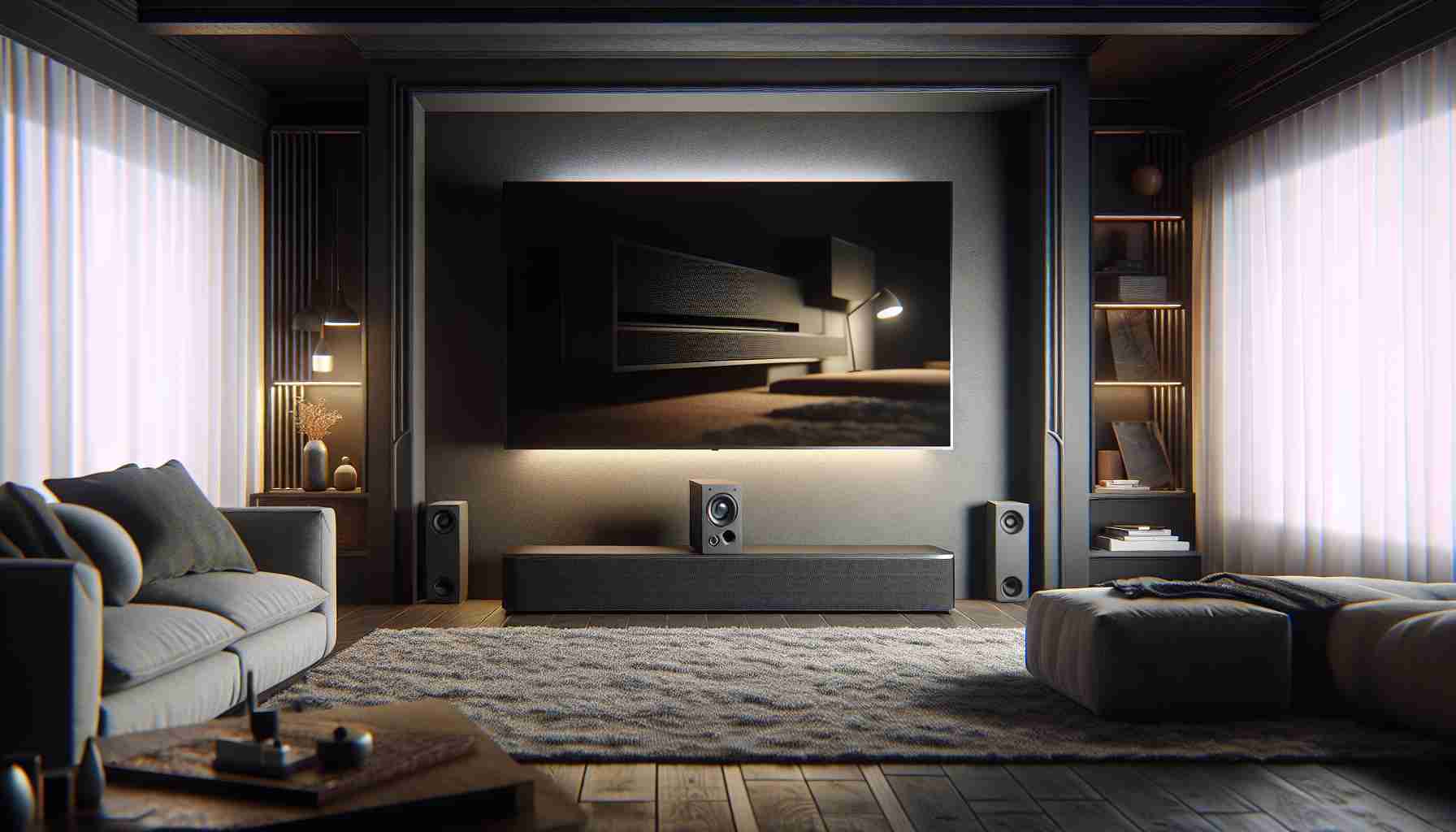Most television speakers lack the power to deliver an engaging audio experience, often resulting in lackluster sound quality. This is where soundbars come into play, providing a significant boost to your home audio setup without the complexity or expense of a full surround sound system. For those who wish to enhance their movie-watching experience, a soundbar is a convenient and effective option.
There is an array of soundbars available to meet various needs and price points. From entry-level models that enhance basic audio to top-of-the-line Dolby Atmos soundbars that create a three-dimensional sound environment, there’s something for everyone. Many soundbars incorporate subwoofers to deliver powerful bass, while even budget-friendly options refresh the audio of classic films, improving dialogue and soundtrack qualities.
When exploring the features of soundbars, it’s essential to consider your budget. While lower-end options primarily enhance TV sound, spending a bit more can unlock advanced features like wireless streaming and voice control. Premium models typically support advanced audio formats, ensuring a rich cinematic soundscape.
Connection ports and channels are also vital considerations. A soundbar should have multiple HDMI inputs for seamless device connectivity, and understanding the channel configuration will help you achieve the ideal audio experience. Whether you prefer a wired setup or a wireless multi-room system, a soundbar can significantly elevate your home entertainment system.
Upgrade Your Home Audio Experience with a Soundbar
In the ever-evolving world of home entertainment, sound quality plays a crucial role in delivering an immersive viewing experience. As televisions have grown thinner, their built-in speakers often fail to provide the robust audio that enhances movies, shows, and gaming. This gap in audio performance has led many consumers to consider soundbars, which offer a simple solution to elevate audio without the need for elaborate setups.
What Should You Know Before Buying a Soundbar?
Before investing in a soundbar, potential buyers should consider several important questions:
1. What size soundbar do I need?
– The size of the soundbar should complement your TV. Typically, soundbars range from 30 to 50 inches, so measure your TV’s width to find a compatible option.
2. Should I opt for a soundbar with a subwoofer?
– Soundbars with built-in or separate subwoofers enhance bass performance significantly, making them ideal for action movies and music lovers. However, if space is limited, you can choose compact models that still deliver impressive sound without a separate subwoofer.
3. What are the soundbar’s connectivity options?
– Look for soundbars with multiple HDMI ports, Bluetooth, and Wi-Fi capabilities. These features allow for easier connections to various devices, including gaming consoles, streaming sticks, and mobile devices.
Key Challenges in Choosing a Soundbar
One of the primary challenges consumers face is the overwhelming variety of soundbars available in the market, each with different features and price points. This can lead to confusion about which model is the best fit for individual needs. Additionally, while many soundbars advertise various audio formats, not all deliver true surround sound, which can lead to disappointment.
Advantages of Soundbars
– Space Efficiency: Soundbars are compact and require less space than traditional home theater systems, making them suitable for apartments or living rooms with limited space.
– Ease of Use: Most soundbars are easy to set up and operate, often featuring user-friendly remote controls and smartphone apps.
– Affordability: Compared to full surround sound systems, soundbars can provide a cost-effective solution for enhancing TV audio.
Disadvantages of Soundbars
– Sound Quality Limitations: While soundbars can improve audio significantly, they may not achieve the same depth and fidelity as a full multi-speaker system.
– Limited Surround Sound Experience: Some soundbars may struggle to produce true surround sound, especially if they lack advanced audio technologies or multiple channel support.
– Dependency on TV Reception: Many soundbars rely on the built-in capabilities of the TV, which can affect overall performance if the TV has poor audio processing.
Conclusion
Investing in a soundbar can undeniably upgrade your home audio experience, enhancing how you enjoy films, music, and games. While they come with both advantages and challenges, understanding your specific needs and preferences beforehand can lead to a satisfying purchase. Remember to consider factors such as size, connectivity, and whether you prefer a model with a subwoofer to make the right choice for your setup.
For further insights on improving your home theater experience, check out this resource for comprehensive reviews and tips on choosing the best audio solutions for your space.









